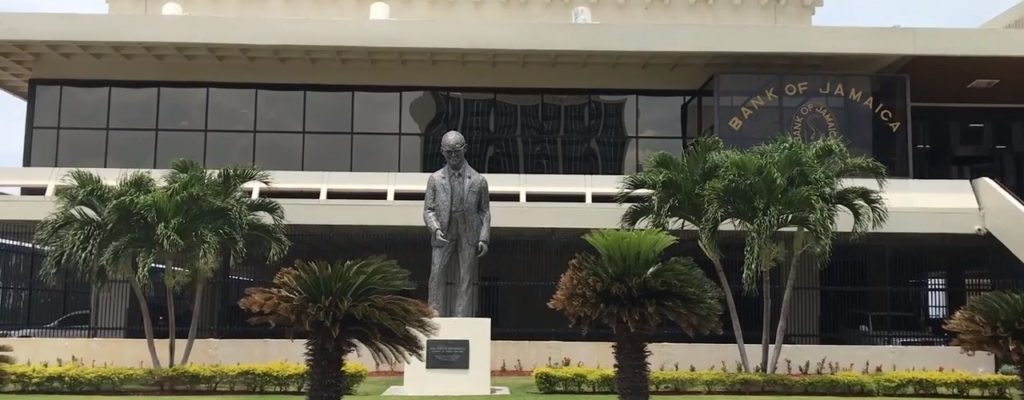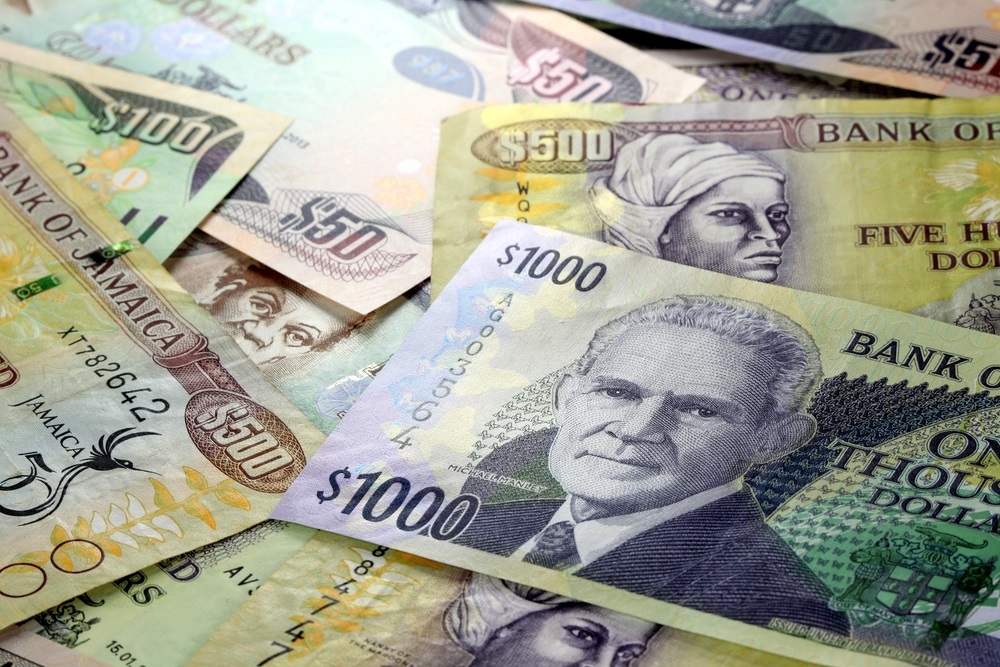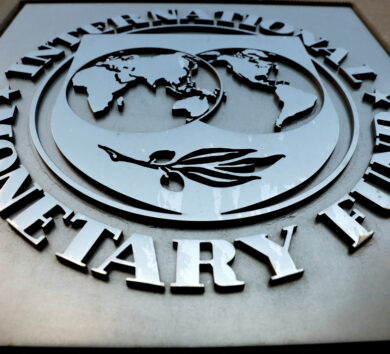

The Bank of Jamaica (BOJ) on Thursday (May 19) announced its decision to increase the policy interest rate (the rate offered to deposit-taking institutions on overnight placements with BOJ) by 50 basis points (bps) to 5.00 per cent per annum, effective today (May 20).
The Bank also decided to continue other measures to contain Jamaican dollar liquidity expansion and to maintain stability in the foreign exchange market. The Bank’s strong international reserves reinforces its ability to support the foreign exchange market as needed.
The BOJ’s decisions aim to continue limiting the pass-through of the ongoing and protracted commodity price shock to inflation and facilitate a return of inflation to the target range over the shortest possible time period.
Inflation at April 2022, of 11.8 per cent, was higher than the outturn at March 2022 and represented the ninth consecutive month that inflation has been above the Bank’s target range of 4.0 to 6.0 per cent.

While inflation is forecasted to rise further over the next two months, the Bank forecasts inflation to fall in the second half of the year, consistent with consensus forecast for a fall in commodity prices.
According to the BOJ, this means the public should start to see lower inflation rates each month, beginning in the second half of 2022, as long as tensions between Russia and Ukraine do not escalate and inflation among Jamaica’s trading partners falls.
The Bank’s current decisions reflect a cumulative increase in the policy rate of 450 bps since October 2021, which has taken the policy rate close to the level that the Monetary Policy Committee (MPC) considers appropriate.
From October 2021 to date, the Bank sold approximately US$552 million to the foreign exchange market, more than twice the amount sold for the corresponding period last year. In addition, the Bank adjusted the Net Open Position limits for deposit-taking institutions (DTIs).

These policy actions contributed to the maintenance of stability in the foreign exchange market and led DTIs to commence adjusting interest rates on deposits and loans.
The MPC noted that its policy decisions were being made in a period of high uncertainty and that future decisions would be subject to incoming data materialising as expected. The measures are expected to cause interest rates on deposits and loans to rise further, making savings in Jamaican dollars more attractive relative to foreign currency assets and borrowing in Jamaican dollars more expensive.
They are also expected to reduce the demand for foreign currency, leading to a relatively more stable exchange rate. The measures are also expected to cause demand in the economy to fall and, consequently, limit the ability of businesses to pass on price increases to consumers.







Comments